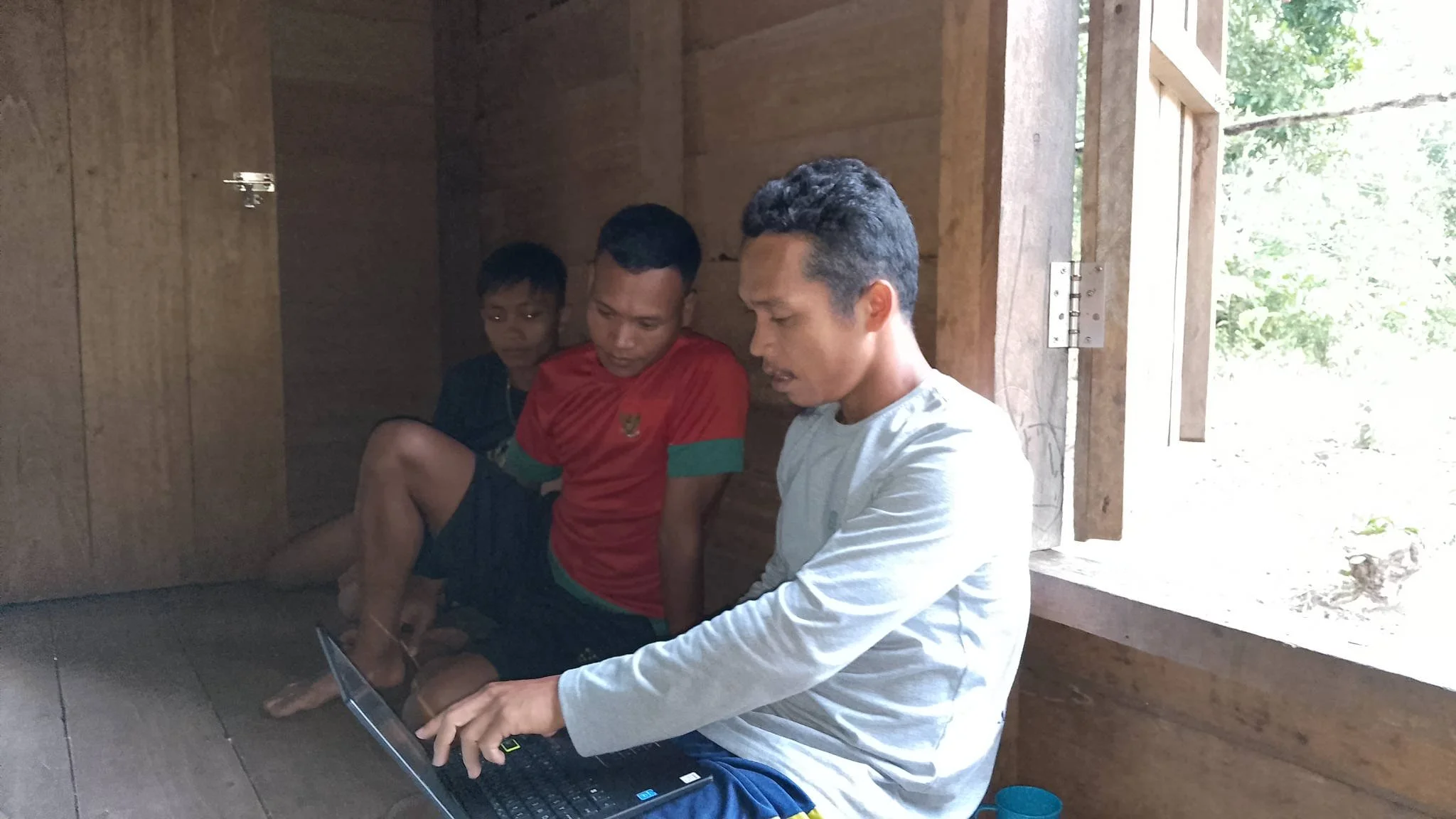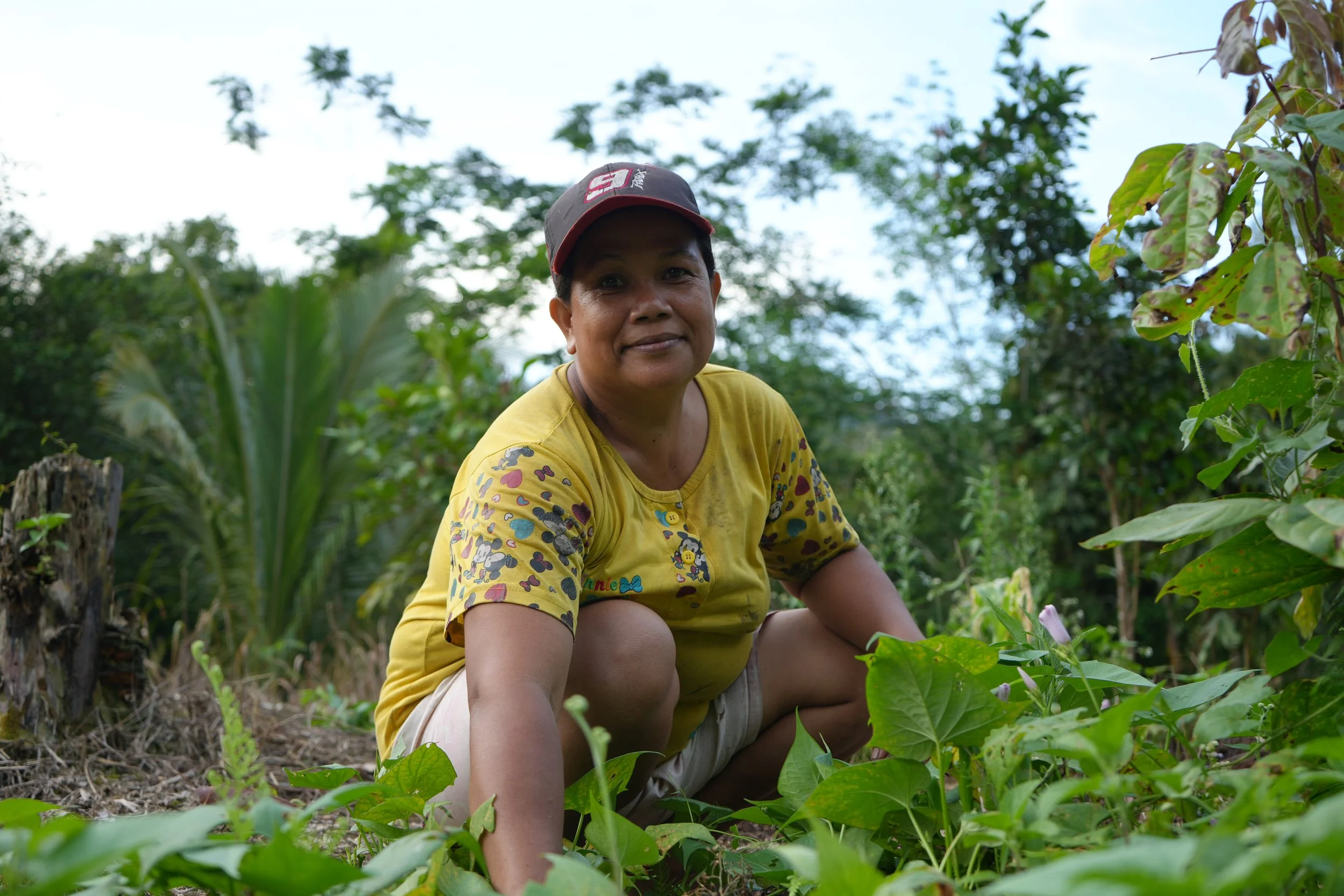On a quiet shoreline in the Karimata Islands, turtle tracks crisscross the sand, some real, others carefully crafted by the hands of local monitors. These hand-drawn decoys, made to mislead poachers, reveal something deeper than surface-level conservation. They tell a story of a community that no longer watches from the sidelines but instead leads the effort to protect its land and sea.
Read MoreAt Planet Indonesia, we believe that effective and lasting conservation begins with people who have been the guardians of their lands for generations. It starts with the communities whose traditions are interwoven with the forests, rivers, and oceans they call home. That’s why we’re excited to introduce Aliansi Bumi Kita (Our Earth Alliance), a dynamic coalition of grassroots organizations, Indigenous communities, and civil society groups across Indonesia, united by a shared mission of social and environmental transformation.
Read MoreThe excitement and challenges of new partnerships
Late at night, we find ourselves on the patio of the village head. Jino, one of Planet Indonesia’s longest-serving team members, arranges coffee cups and cigarette boxes to represent a bridge. The bridge is a metaphor to explain that Planet Indonesia does not bring ready-made solutions but rather helps strengthen local ideas and initiatives (cup 1) by connecting them to technical expertise and government programs (cup 2).
Read MoreTo mark the 10 years of existence of these important guidelines, we wanted to reflect on what they mean for us as an organization working directly with small-scale fishers. Since 2017, we have worked with small-scale fishers in the Kubu Raya district and more recently with small-scale fishers living inside the Karimata Marine Reserve.
Read MoreIn recent years, alternative livelihoods have gained significant popularity in conservation programs worldwide. These approaches often aim to reduce the dependency of local communities on natural resources that are threatened or endangered - moving people away from an ‘at-risk’ resource.
Read MoreSmall-scale fishers and smallholder farmers in tropical countries are often financially excluded, leading to debt cycles and environmental loss in community-centered conservation areas. Financial exclusion limits access to formal/informal credit and financial services, forcing resource users to rely on sources of credit with high-interest rates and unfavorable terms.
Read MoreTanguar Hoar, located at the foothills of the Meghalaya state of India, hosts a unique ecosystem covering 2,800 hectares (6,900 acres) of wetlands. As one of the largest wetland ecosystems in the country, the Tanguar Haor was also once very rich in fish biodiversity and fishery resources, supporting the livelihoods of tens of thousands of fishermen.
Read MoreLearn about how the Conservation Cooperative (PUMK) has helped the community of Gema Ratu in Rambai Hamlet from the perspective of one of our village partners and tutors, Julius.
Read MoreUndoubtedly investments in grassroots efforts have increased, however, so has the confusion around various ‘community first’ terms. While investment is a step in the right direction, we have concerns that we are not witnessing a revitalization of people-centered approaches but rather a rebranding of less effective models under new shiny terminology.
Read More









